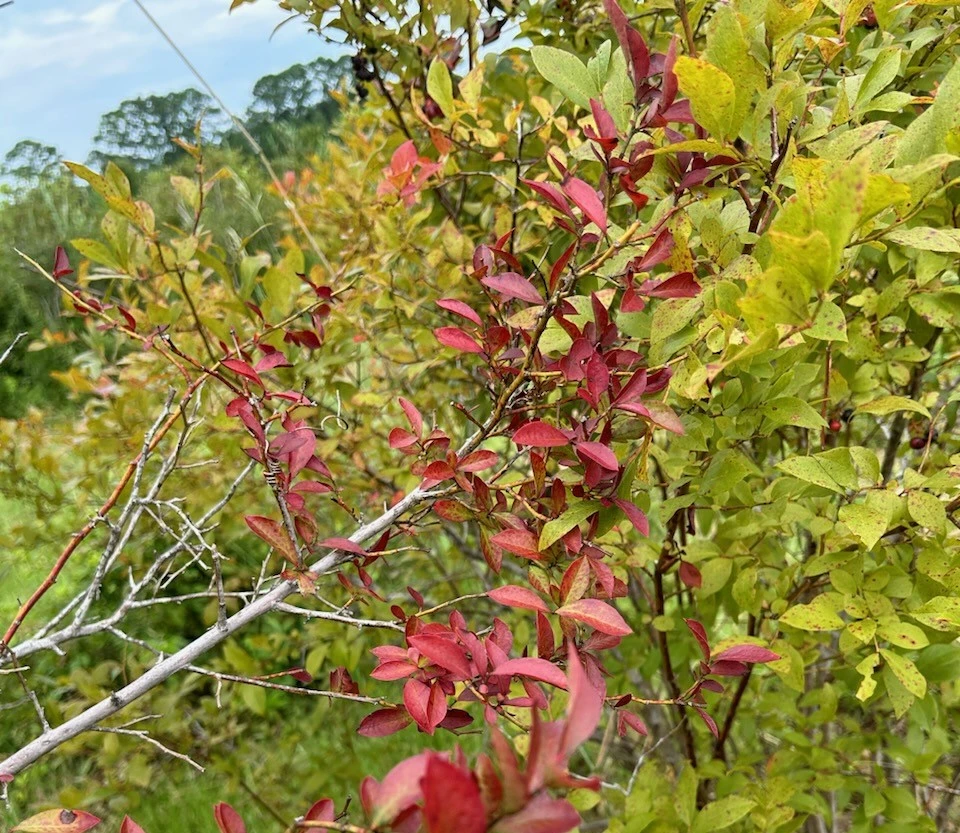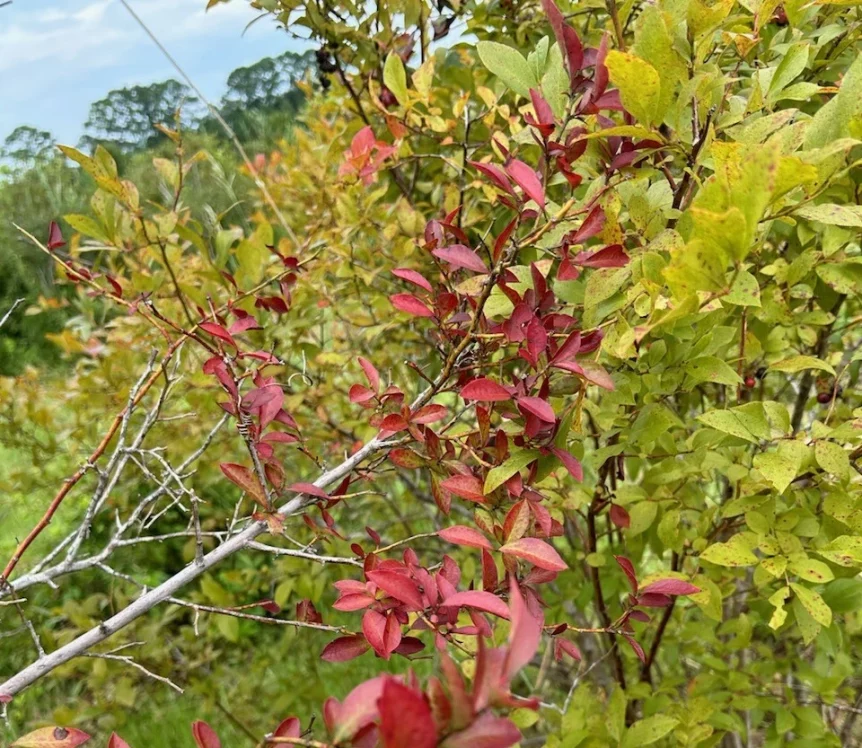
Weekly Field Update
Clemson Extension agents provide updates in The South Carolina Grower this week about the status of various crops being produced throughout the state.
Statewide
Tony Keinath (Extension Plant Pathologist)
- As fall crops of pumpkin and winter squash progress, see this recent post for management strategies on fruit rots.
- There are no organic biopesticides that work against the two main fungal diseases I found on pumpkins, squash and gourds in fall 2023 – anthracnose fruit rot and black rot. Instead, use the following practices:
- Keep notes on the number of rotted fruit you see, and if the number is too high (I’d use 10% as a threshold), try a different cultivar next time.
- Crop rotation is the main organic management technique. Do not plant one cucurbit (vine crop) after any other cucurbits, especially watermelon, cucumbers or melons. Leave two full calendar years between plantings of cucurbits in any section of the farm.
- Remove all diseased fruit from the field and destroy it; burn or bury, do not compost.
Coastal Region
Anna Sara Hill
- Last week was hot and humid. Most of this summer’s produce has been harvested, and growers are starting to plow under old plants and prep the ground for fall crops.
- Okra is still being harvested. Be on the lookout for aphids as they have an affinity for okra and will move in and colonize pods. If left unchecked, they can quickly build up huge populations.
- Blackberries and blueberries that were pruned back to the ground after the last harvest, which was the end of June, are starting to flush out nicely. Plant debris can be a source of disease inoculum and a haven for insect pests to evade treatment. Diseased plant debris that was trimmed off fruit crops at the end of the season should be raked to row middles and either removed, if possible, or mowed over with a flail mower two times, to chop up the debris into small pieces. The mower should be run in a different direction each time.
- I noticed some mealybug colonizing blackberry canes. Mealybugs have a wide host range and feed on multiple crops. They also colonize plant roots, making them very difficult to control. Applying treatments, such as imidacloprid, through the drip system or as a soil drench will get the product to the root zone and be a more effective method than a foliar application.
Zack Snipes
- We had another hot and humid week in the Lowcountry and are anxiously waiting to see how much rainfall we are going to get this week. Some reports have us getting 20-plus inches of rain.
- Most growers are cleaning up spring fields by pulling plastic, working on equipment and getting ground ready for fall crops. Some growers have planted fall pepper and tomato.
- With the amount of rain we are scheduled to get, it is important to go ahead and get out our protectant fungicides ahead of the rain as we don’t know how long we will be unable to get into the fields. Copper and manzate are the backbone of our tomato and pepper spray programs.
Midlands
Rob Last
- Summer crops are closing down, and hot peppers are looking very good.
- Some fall plantings are underway.
- Given the population of squash bugs observed this spring and summer, be mindful of potential issues in fall plantings.
- Timely destruction of older crops can help to provide some mitigation for preventing pest and disease carryover.
- As we await Tropical Storm Debbie’s arrival, make sure plans are in place to mitigate potential flooding issues. Disease issues are likely to arise rapidly following the storm, given we are forecast for large volumes of rainfall.
Sarah Scott
- Summer crops are holding on but starting to look a bit rough. The hot and humid weather is taking its toll.
- Still harvesting tomatoes, some peppers and even squash and some late watermelons, but new vegetable plantings are going in for fall harvest as well.
- I’ve seen a spike in squash bug populations again this week and would mostly contribute that to debris left in neighboring fields after harvest. Leaf-footed bugs also are still around. In most cases, a smaller population is not doing a ton of damage but in fields where populations are high. I am seeing some, especially on tomatoes. A pyrethroid is the best product for control so be mindful of pollinators when applying.
- We are still harvesting peaches, and varieties are coming off a bit early. The biggest issues we are seeing in the crop right now are bacterial spot and brown rot. Some reports of other rot issues have come to my attention, and we are sending off some samples to identify which diseases we are dealing with there.
Pee Dee
Brittney King
- We had a little break with some cooler weather, but now we are back in the heat and humidity. Growers are having trouble keeping up with pesticide sprays because of the rain. Some are taking a break in this heat, while others are preparing for the fall season.
- Pumpkins are progressing well. I have seen some crinkled leaves that could be a virus, so I am waiting for confirmation from the lab. Crinkled leaves can be a symptom of a virus as well as herbicide damage, so if you are unsure, send the sample to the lab to confirm it is not a virus.
- Muscadines are starting to turn color. I have seen some nutrient deficiency in vineyards the past couple of weeks. Magnesium deficiency can be pretty common in muscadines and has symptoms similar to potassium deficiency. The difference is that magnesium deficiency would eventually cause symptoms to show on new and older leaves since it is mobile and can move through the plant. Potassium deficiency is not common in muscadine production, so get a plant tissue test to show your nutrient levels! For a magnesium deficiency, applying Epsom Salt at 5 to 10 pounds per acre is recommended. Do not apply more than 10 pounds per acre at one time.
- Other crops like okra, banana peppers and eggplant are still producing good yields.
- For strawberry growers, now is a good time to adjust your soil pH and any other nutrient issues, if needed. If you need to apply elemental sulfur to lower pH, be aware that it does take 2 to 3 months to cause an actual pH change in the soil.
- With Tropical Storm Debbie headed our way, make sure to stay safe and report any damage to your field or crops to the local Extension agent in your county.










